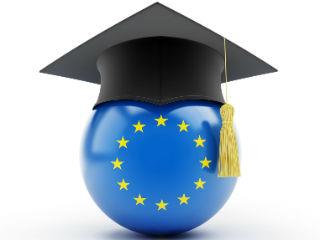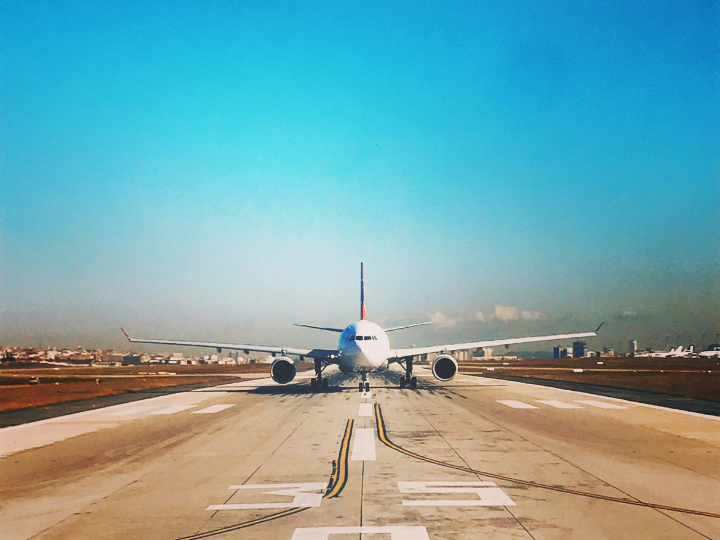by
Victor Negrescu*
This year we are celebrating 30 years of the Erasmus programme that has done a great deal in terms of promoting educational exchanges, multiculturalism while being a truly inspiring experience.
However, as great as the Erasmus programme and other such initiative are, we still have a long way to go in terms of recognising all diplomas in any EU country. Both schools and Universities from all member states should have their diplomas recognized among each other just as they do in the case of the Erasmus+ programme. Not only that this programme does not question the standards of your home institution but the application process does not require legalised paper work, making it financially affordable to apply.
One can understand that each education institution has some sort of autonomy in terms of policies. However, we must remember that we are all members of the EU and a policy regarding the recognition of diplomas should be issued so that all of us can comply with it. Moreover, there seems to be quite a confusion when it comes to the grading system from country to country so often times, the recognition of diplomas stumbles upon the dilemma of matching two different grading systems.
Unfortunately, in many cases, graduates come to realize that their diplomas are not recognized everywhere in the European Community, only in certain Member States or if they are funded under the Erasmus + program. This is a highly relevant issue that the young generation is facing nowadays. My concern for the future of the young generation translated into raising this controversial problem in the EU Parliament and calling for a debate on the campaign #RecognizeStudyAbroad.
The campaign aims at unifying voices among different educational stakeholders, raise awareness, provide policy solutions and asks for recognition by the education systems of the study period spent abroad. The lack of recognition in many European countries often obliged students to attend an additional year of school, once back in their home country.
If countries such as Austria, Belgium, Germany and Italy the study diplomas abroad are easily recognised this is unfortunately not the case of Romania. In my country, the educational system recognises the study periods abroad only if the pupil that went to school abroad proves with documents or a diploma that he/she attended a recognised school in the host country and that he/she passed the school year or semester. The needed documents or diploma can be provided only when the pupil is admitted in the foreign school as a “regular student” (who is thus passing exams and receiving grades), not as a “visiting student”. Recognition thus depends on the status that is granted to the pupil in the hosting school.
Myself, I am one of the Romanians who had to go through extensive bureaucratic procedures in order to have my qualifications recognised both abroad and in my home country. I am militating for the Romanian diaspora that would one day wish to return to their homeland and shouldn’t face all those barriers. It is hard to believe that in 2017, while being a EU country, highly educated individuals still have to prove themselves just because of bureaucratic issues. Freedom of movement means freedom to exercise one's profession anywhere in the Community Area, so I truly believe that EU values cannot allow for such constraint on labour mobility.
Along with this, not only the grown ups are having difficulties but also their children. The fact that the university diplomas of their parents are not being recognised is limiting the enormous potential that learning mobility at an early age has for them in terms of acquiring intercultural skills.
Furthermore, not only higher education suffers from this issue of diploma recognition. Pupils are mobile within the EU, due to their parent’s different job locations. This results in children hardly being able to have their secondary school diplomas recognized. The only cases in which they can be granted a diploma recognition is if either they are being funded under Erasmus+ or if they choose to study in the certain Member States that already have a clear legislation concerning this issue. The freedom of movement and labour inside the EU has a great impact on families relocating with their children. One of the issues lies in finding proper ways in which they can legally recognize their children’s education.
We have to tackle this issue, since solely the ability of the parents to move and work freely does not solve the problem of the pupil’s readjustment to their new school environment. This difficulty is doubled also when their past education is not recognized.
Moreover, in the cases in which the diplomas are recognized, there is still a quite long process of translating and legalizing them in order to be able to make use of them abroad. Since we are members of the EU, a simple certificate from the home educational institution should be enough in any other EU country. This way the bureaucratic process would become less complicated while making it way more affordable for the graduates to provide proof of their academic background. Furthermore, even after the process of diploma recognition in some cases a full equivalency is not issued but only a comparative report. This is unfair to the hard work and financial efforts young people put into obtaining their diplomas. Hope is not enough, it's action time, simple actions, so wake up EU.
In the light of these issues I have initiated a written question, which will be submitted for oral debate in the European Parliament plenary: How does the Commission plan to ensure that EU member states implement the freedom of movement also for those families which change their place of residence together with their school-age children as well as to those pupils willing to spend a study period abroad? I can not help but wonder if the Commission aims to use ongoing initiatives – such as the New Skills Agenda, the Council recommendation on Validation of non-formal and informal learning in order to tackle these issues.
The solution I propose is a pilot project financed by the European Commission that would analyse the problem, comprehend the extent of its implications and come up with viable policy solutions. Moreover, I would like to initiate a report on this topic that would emphasise the importance and the urge to deal with this highly relevant issue as soon as possible. The report would also serve as a groundwork which we can build upon so that in the near future the issue on unrecognised diplomas would be finally solved.
*Victor Negrescu is Member of the group Progressive Alliance of Socialists and Democrats in the European Parliament (for the Romanian Partidul Socal Democrat)




 By: N. Peter Kramer
By: N. Peter Kramer

